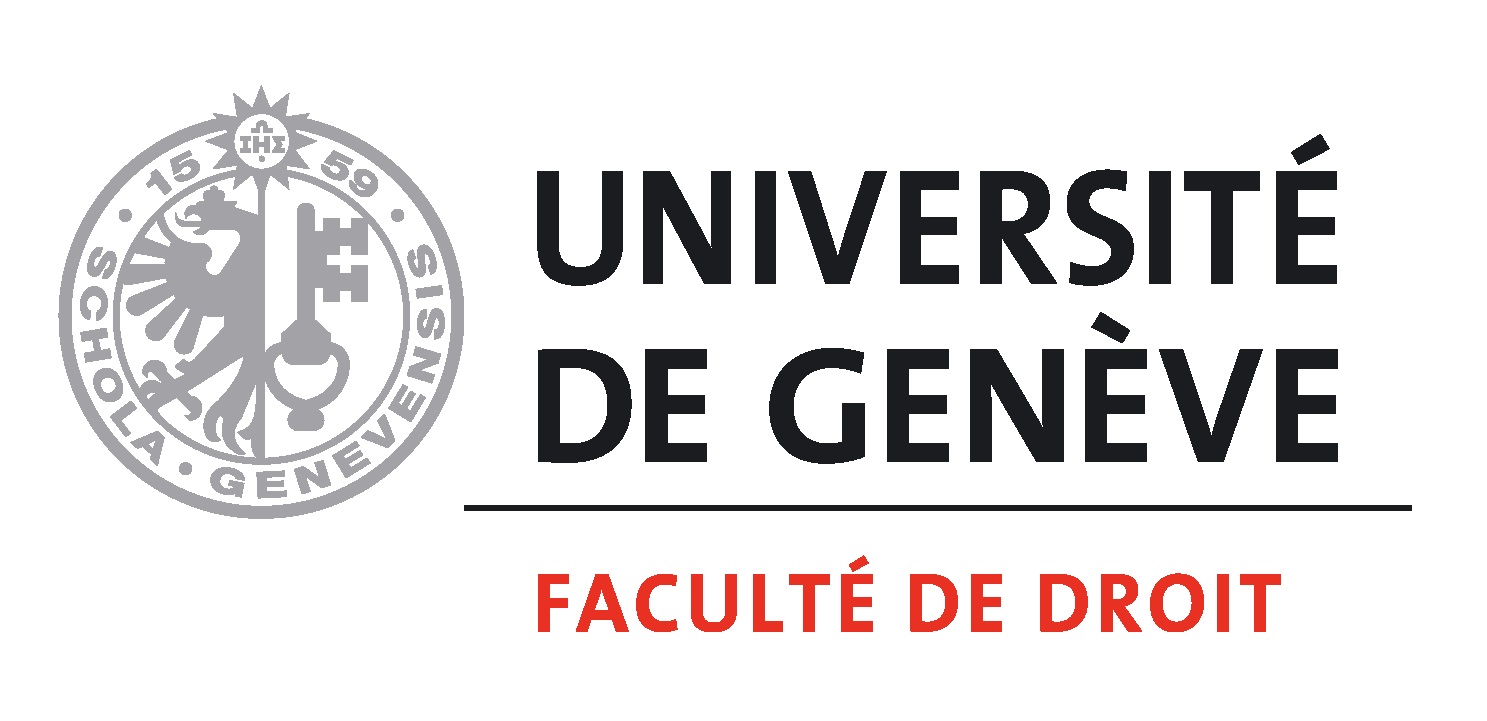Cybersecurity and Artificial Intelligence: how to allocate liability between the stakeholders?
School of Law, University of Geneva
.jpg)
Session 186
Artificial Intelligence may be used by companies to enhance their security, as well as by attackers to better breach security. Today, white hat hackers are also skilled professionals with serious jobs and human resources teams. The number of players (manufacturers, operators, programmer, trainer, end-users) makes it consequently difficult to allocate liability. The discussion will thus focus on the following challenges: how to identify all players, how to allocate the liability between them (in the light of current legal frameworks such as the GDPR and the product liability laws), what are the insurances options and finally, what are the regulatory challenges?
Moderator
Dr. Yaniv Benhamou, PhD, Attorney-at-law, Lecturer (IP & Privacy), University of Geneva
Speakers/Panellists
-
Mrs. Katarzyna Gorgol, Adviser Digital Affairs and Telecommunication, Delegation of the European Union and other International organizations in Geneva
-
Dr. Asaf Lubin, Lecturer at Yale University and Cybersecurity Postdoctoral Policy Fellow at the Fletcher School of Law and Diplomacy at Tufts
-
Mr. Steven Meyer, CEO and co-Founder of ZENData, Cybersecurity services, ZENData Geneva
-
Dr. Olivier Crochat, Executive Director, Centre for Digital Trust (C4DT), EPFL
-
Mrs. Limor Shmerling Magazanik, Managing Director , Israel Tech Policy Institute
-
Prof. Stephane Marchand Maillet, Department of Computer Science, University of Geneva
-
Mrs. Līga Raita Rozentāle, Director of Governmental Affairs for Cybersecurity Policy, Microsoft
-
Mrs. Stephanie Borg Psaila, Interim Director of DiploFoundation and the Geneva Internet Platform
-
Mrs. Ria Kechagia, Legal Counsel, Scientific Collaborator, Department of Commercial Law, UNIGE/ C4DT, EPFL
Session's link to WSIS Action Lines
-
 C1. The role of public governance authorities and all stakeholders in the promotion of ICTs for development
C1. The role of public governance authorities and all stakeholders in the promotion of ICTs for development
-
 C2. Information and communication infrastructure
C2. Information and communication infrastructure
-
 C4. Capacity building
C4. Capacity building
-
 C5. Building confidence and security in the use of ICTs
C5. Building confidence and security in the use of ICTs
-
 C6. Enabling environment
C6. Enabling environment
-
 C9. Media
C9. Media
-
 C10. Ethical dimensions of the Information Society
C10. Ethical dimensions of the Information Society
-
 C11. International and regional cooperation
C11. International and regional cooperation
Session's link to Sustainable Development Process
-
 Goal 9: Build resilient infrastructure, promote sustainable industrialization and foster innovation
Goal 9: Build resilient infrastructure, promote sustainable industrialization and foster innovation